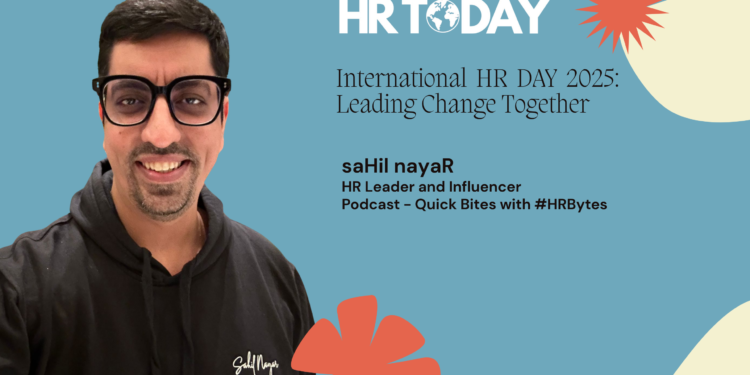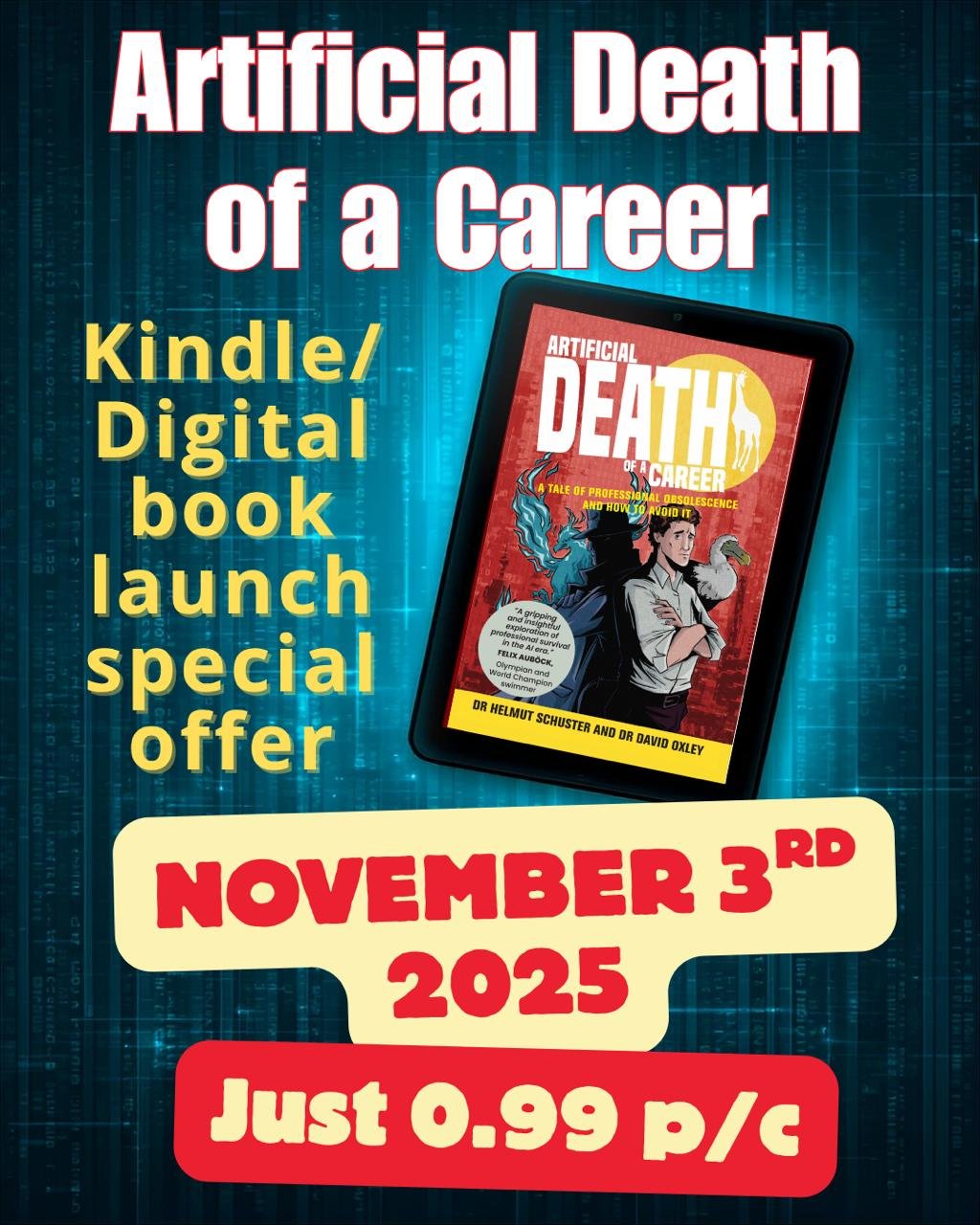Once seen as the birthday-card department and festival planner, HR is fast becoming the emotional core of modern organizations. In this uniquely humorous yet deeply insightful piece, Sahil Nayar, HR leader, TEDx speaker, and host of #HRBytes, offers a no-filter take on the evolution of HR—and why it’s no longer about just policies, but about purpose, resilience, and real human connection.
1. How do you see the role of HR evolving in the next 5–10 years?
Ah, the role of HR—once the department that only sent happy birthday emails and organized Rangoli competitions—is poised to evolve into the CEO’s emotional life coach, the CTO’s human firewall, and the CFO’s budget shrink therapist.
In the next 5–10 years, HR will stop being just the “compliance cop” and start being the culture alchemist. Expect HR to:
- Decode human behavior with the same obsession Netflix has for decoding viewing patterns.
- Use AI not just to screen resumes but to read minds. (Okay, not literally. But close.)
- Be measured not just on attrition but on how often employees say, “I love Mondays!” (Good luck with that, by the way.)
Also, HR won’t be sitting in glass cabins. It’ll be embedded in teams like Wi-Fi—unseen, but everything crashes when it’s down.
2. What are the most pressing talent challenges you foresee in the next 5–10 years across different sectors?
Oh, the talent landscape! It’s like Tinder now—swipe left on loyalty, swipe right on flashy perks. And no one’s waiting around for love (read: purpose). They want meaning with money, flexibility with stability, and roles with reels.
Sector-wise:
- Tech: The challenge isn’t hiring coders. It’s finding ones who don’t have a startup idea they’ll ditch you for in six months.
- Manufacturing: From “Kaam pe dhyan do” to “Karma pe dhyan do,” the next-gen workforce won’t settle unless you make the shopfloor as cool as a Starbucks outlet.
- Healthcare: Hiring empathy will be harder than hiring surgeons.
- Retail: Finding people who love customers more than they love their phones? Good luck!
- Education: Teachers who teach values, not just modules. That’s the crisis. And AI might help, but GPT can’t attend a PTA meeting.
Bottom line? The challenge isn’t talent. It’s attention, engagement, and retaining souls—not just CVs.
3. Your message to HR professionals on the occasion of HR Day
Dear HR folks,
Here’s to the only tribe that claps at engagement scores, cries at attrition graphs, and smiles while being blamed for everything—from delayed appraisals to the AC not working.
- You’re the therapist, the referee, the secret keeper, the email ninja, the hiring guru, and the sudden emcee for every random event.
- You deal with humans who think feedback is an insult and resignation is revenge.
- And yet, you show up. You fix. You flourish.
So, on HR Day, don’t just “celebrate” HR. Pick up the phone, walk up to them, share this article with them—and thank them.
Let’s continue turning chaos into culture, mess into magic, and policies into possibilities.
Because HR doesn’t stand for Human Resources anymore. It stands for Highly Resilient.
Did I just put old wine in a new bottle and spend 8 hours writing these answers?
P.S. – Views are personal.
Read Also : HR at the Heart of Transformation: Shaping Purpose-Driven, Future-Ready Workforces in the Energy Sector
Rewiring the Human Experience: The Evolving Code of HR in a Tech-Driven World
From Support to Strategy: HR’s Decisive Shift Toward Leading the Future of Work
Trust, Technology, and the Human Touch: Shaping the Future of HR













